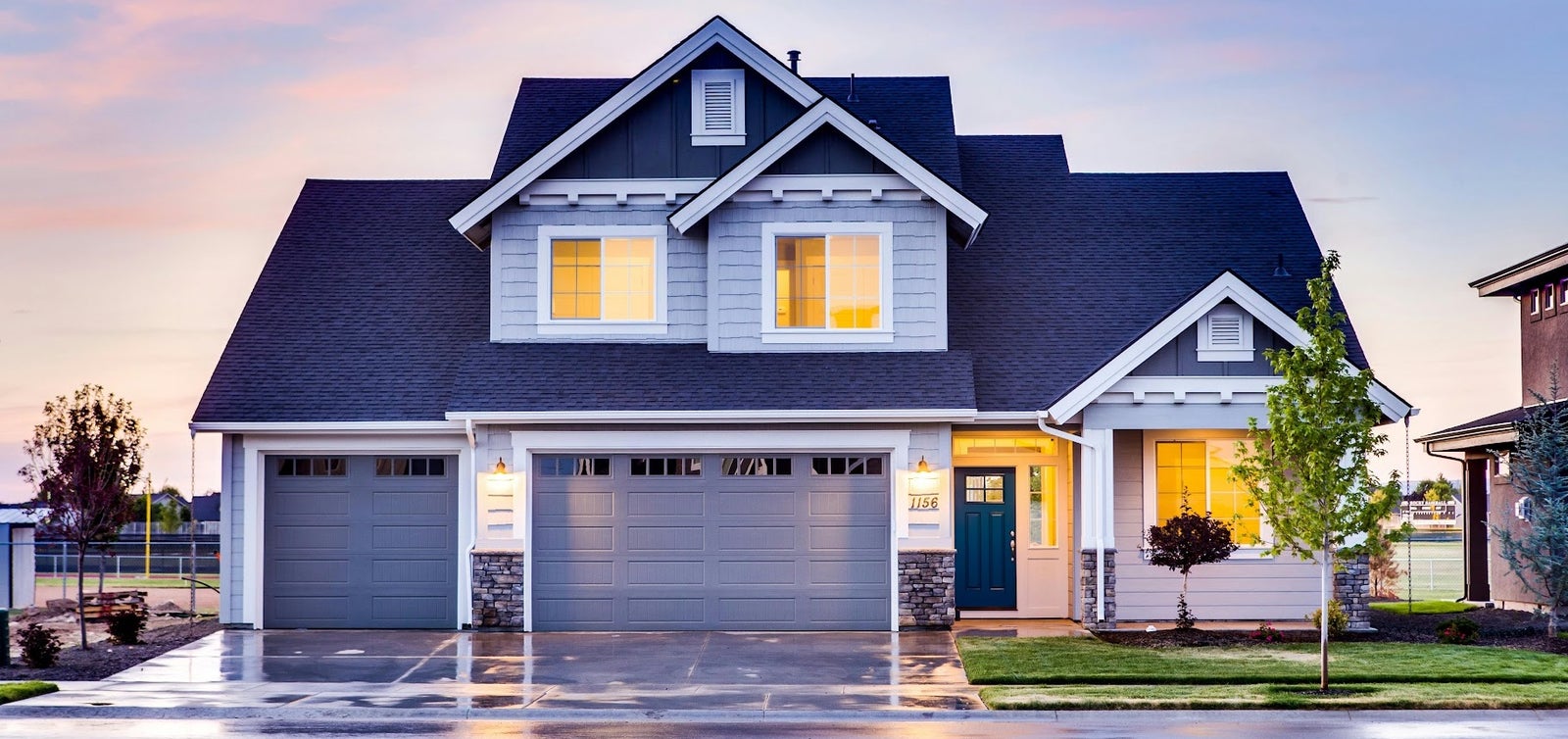
Planning to buy a home but it's your first time? Don't worry, we've got you! Here's 5 things you should know before buying your first home.
1. View Homes In-Person
Buyers today are more informed than ever before and it’s not unusual for clients to do their house hunting online spending their evenings refreshing new listings, clicking through photos, and watching social media reels. The internet allows us to see inside dozens of homes without ever stepping foot inside!
But remember, nothing beats seeing the real deal. Viewing multiple homes takes time, but it’s worth it. It’s the best way to truly see what a home has to offer and it’s the only way to get a feeling about a home. Many buyers report that when they walk into ‘the one’, they just know it!
On average, most buyers view 8-10 homes before they find the one so don’t get discouraged. Work with your realtor to get a clear idea of what you’re looking for. Have a budget, know your must haves and needed amenities, and don’t forget to consider broader factors like lifestyle and future needs.
Tip: If you're buying out of province or unable to view a home personally, have your realtor take you on a virtual tour over video. This is an excellent way to "step" inside the home and feel it out when you're not physically able to be there.
2. Get a Mortgage Pre-Approval
So, you’ve saved your down payment and you know what kind of house you want. You’re ready to start viewing homes and putting in offers, right? Not so fast. Many buyers, especially first timers, put off getting a mortgage pre-approval thinking that it won’t be necessary until there’s an accepted offer in place.
But a pre-approval is one of the first things you should be doing as a serious buyer. Not only does a pre-approval help determine your budget and what your total monthly costs will look like for home ownership, it’s also a competitive advantage when you submit an offer.
Sellers want to work with qualified buyers that are already pre-approved. It gives them the confidence that the buyer will be able to get the financing needed and can be a competitive edge when up against multiple offers. It also ensures you’re able to move quickly as the buyer and avoid costly delays that could jeopardize an accepted offer already in place.
3. Save for the Deed Transfer Tax
One of the biggest closing costs associated with purchasing a home in Nova Scotia - besides a down payment - that many first home buyers aren’t aware of is the Deed Transfer Tax. This tax is set by the municipality in which you’re purchasing the home and can range from 0.0% - 1.5% of the purchase price depending on the area. That means for a $400,000 home, you could be looking at up to $6000 paid out of pocket upon closing.
You can view the deed transfer tax for your municipality here.
Tip: As a buyer, you will also need to pay a lawyer to review the agreement, perform title searches, and other administrative tasks associated with transferring the deed. This will apply to any property you are purchasing.
4. Plan for Property Inspections (and Other Conditions)
When you’re ready to make an offer on a property, you along with your realtor will decide what conditions you want to complete as part of your buyer due-diligence before the offer firms up. If during that process, you are unsatisfied with the results of these conditions, you can terminate the agreement or negotiate further with the seller.
The ability to get financing and insurance are two common conditions but there is also the property inspection. The property inspection allows you as the buyer to bring a neutral, third-party inspector to the property. The inspector will check over the condition of the home and the property including, but not limited to, the roof, basement and foundation, windows, doors, outlets & electrical, appliances, attic, and more. They’ll provide you with a home report so you have a full understanding of the current condition of the home and any maintenance or repairs that may be needed.
If the property you’re purchasing is not on town water and septic services, you’ll also want to have the water quality tested as well as a septic system inspection to ensure it is functioning and up to code. These inspections are paid for by the buyer so you’ll want to consider these costs as you determine your budget for buying a home.
5. Ask About Other Closing Costs
We’ve covered the deed transfer tax, lawyer fees, and inspection costs but there are other potential costs you may incur depending upon the property you’re purchasing. Property taxes are typically paid in advanced for a 6-month period. If the seller has already paid up beyond the closing date, you will be responsible for reimbursing them for the amount.
If the home you are buying uses oil to heat, the seller will provide you with a full tank of oil which you will reimburse them for upon closing. If the property is on municipal water services, the bill is often paid in 3-month periods so you may have to reimburse the seller for those costs. If the property has a wood stove, you may need to get it professionally WETT-certified.
These are just a few of the property-specific costs that may arise during the home purchase process. Your realtor should help guide you through these potential costs and alert you to any that may relate to the property you’re interested in.
Thinking of Making a Move?
Here at The Thomas Group, we turn first timers into savvy buyers. Reach out today and find out how we can help you get into the home you’ve been dreaming of!